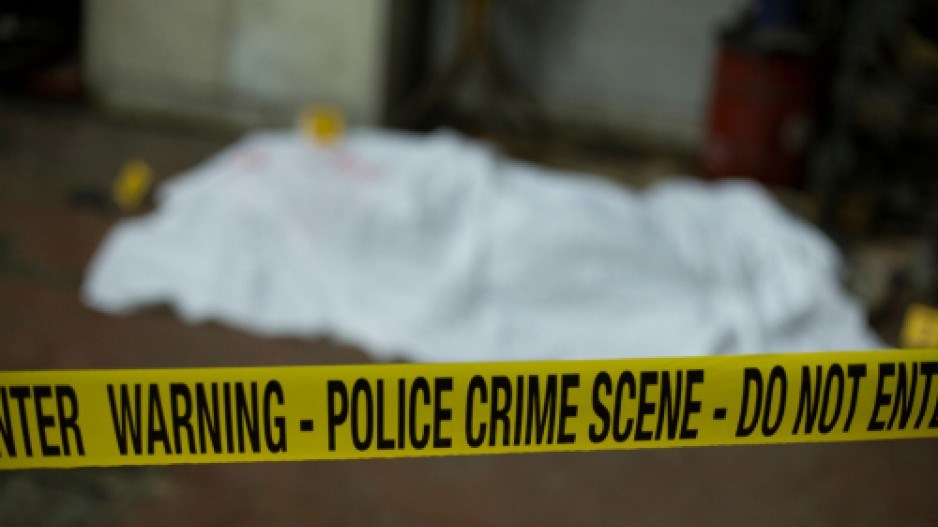B.C.’s need for dead-body removal services in the B.C Interior has spurred the province to post multiple job placements for drivers and other staff.
“We have contracts in 33 parts of the province for body removal and 24 are up for renewal,” said BC Coroners Service spokesman Andy Watson.
B.C. Corners service documents show a need for removal experts in the Kamloops, Terrace, Kitimat, Prince Rupert, Burns Lake, Vanderhoof and Fort St. James areas.
He said new people are needed to ensure coroners have removal services necessary for their work.
“The BC Coroners Service may require body removal in a number of instances as we investigate all sudden, unnatural and unexpected deaths in B.C.,” he said.
Those hired to move bodies may have to venture outside those areas to take bodies to larger centres for post-mortem diagnostic testing, documents said.
To be eligible, prospective candidates need to know morgue, coroner and police death scene protocols. The contracts require operators to be on call 24 hours a day, seven days a week.
The drivers would pick up and move bodies at the direction of the coroners service.
“This direction does not relate to body removal procedures, techniques, or selection of exit routes,” documents said.
What the documents do insist on is that “each deceased person be covered with a shroud or body bag, which will remain intact with the deceased person.
“The shrouding may be of plastic material. Body bags and shrouds must be BC Coroners Service approved.” documents said.
Further, contractors must ensure bodies are “clearly identified by a tag (i.e. toe tag or arm bracelet) that remains intact during transit and storage, and cannot be destroyed by water or other environmental elements.”
For scenes where there are multiple dead people, the government pays on a two-for-one basis.
The hourly rate is $25 but increases if the deceased weighs more than 250 pounds.
If a body must be refrigerated, the government pays $25 per day.
Should a body need to be transported in a sealed, leak-proof container – or ‘homicide tank’ – the government pays another $15 per day.
Contractors must remove or conceal company names, logos and other identifying markings on vehicles, uniforms or body bags and not suggest they are employees of the coroners service.
To give contract bidders an idea of the work involved, each contract description lists the number of decedents – or ‘units’ – for a previous 12-month period.




